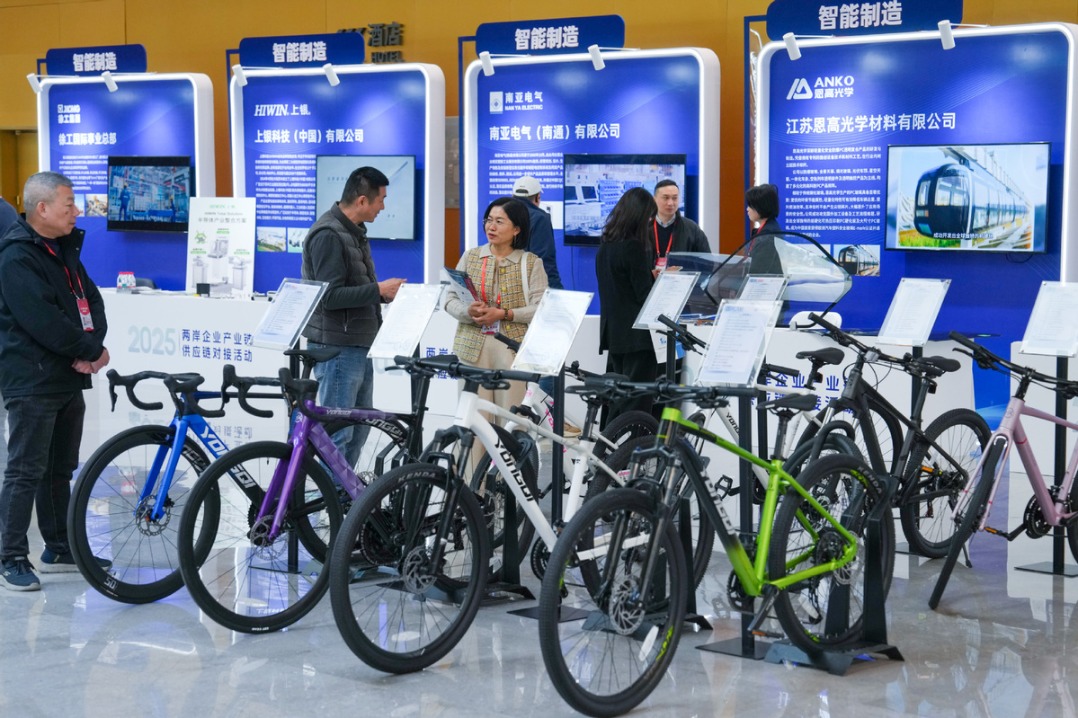Foreign carmakers step up investment in nation
By LI FUSHENG | CHINA DAILY | Updated: 2022-07-26 07:17
Launches planned
GM launched the Cadillac Lyriq SUV for Chinese customers last year, the first model based on the company's Ultium electric vehicle platform. It also set up the Ultium Center in Shanghai to assemble battery packs for the domestic market.
By 2025, the manufacturer plans to launch more than 30 electric vehicle models worldwide based on the Ultium platform, with over 20 models scheduled for the Chinese market. By that year, the carmaker is expected to have produced 1 million electric vehicles in China.
GM has also decided to resume imports into China. On June 30, the company signed an agreement with Shanghai Pudong New Area covering intended investment of $100 million for the carmaker's premium import business.
Julian Blissett, president of GM China, said, "The latest agreement demonstrates GM's long-term confidence in the Chinese market, and will address evolving demand in the niche market and complement GM's locally produced model and brand lineup."
Tailored for China, the new premium import business will feature a range of GM products-from SUVs and pickup trucks to performance cars, powered by either gasoline or electricity. GM will officially launch the business in the third quarter of this year.
Blissett said GM's imported models always attract much attention at the China International Import Expo in Shanghai.
The bestselling international carmaker in China is Volkswagen, which holds about a 20 percent share of the country's passenger vehicle market. It has some 40 plants in China, which are operated with local partners to produce vehicles and auto parts. In total, these plants employ more than 90,000 people-the vast majority of them Chinese.
However, Volkswagen CEO Herbert Diess has said the traditional way of introducing car technology from Europe to China is no longer applicable in the age of software-defined vehicles.
In a Sina Weibo post early this month, he said Volkswagen needs to catch up with Chinese carmakers who are "really fast" in terms of onboard experience and autonomous driving.
To do so, Volkswagen established the first subsidiary of its software company Cariad in China earlier this year.
Diess said: "We are going to have software kits in China, for China. I am convinced that we are going to be really, really fast, because China is so fast."
Edward Wang, managing director of syndicated research at J.D. Power China, said smart features and exciting onboard experiences are becoming increasingly important factors for car buyers.
"Buyers do not necessarily purchase a model solely because of these functions, but they certainly won't buy a car if it doesn't have them," Wang said.
He added that Chinese brands are leading in an age of smart vehicles based on software because they have a better understanding of what local customers want and are quicker to adopt new technologies and launch new models.
"Such innovation is injecting momentum into Chinese brands in a rapid, effective and continuous way," Wang said.
























